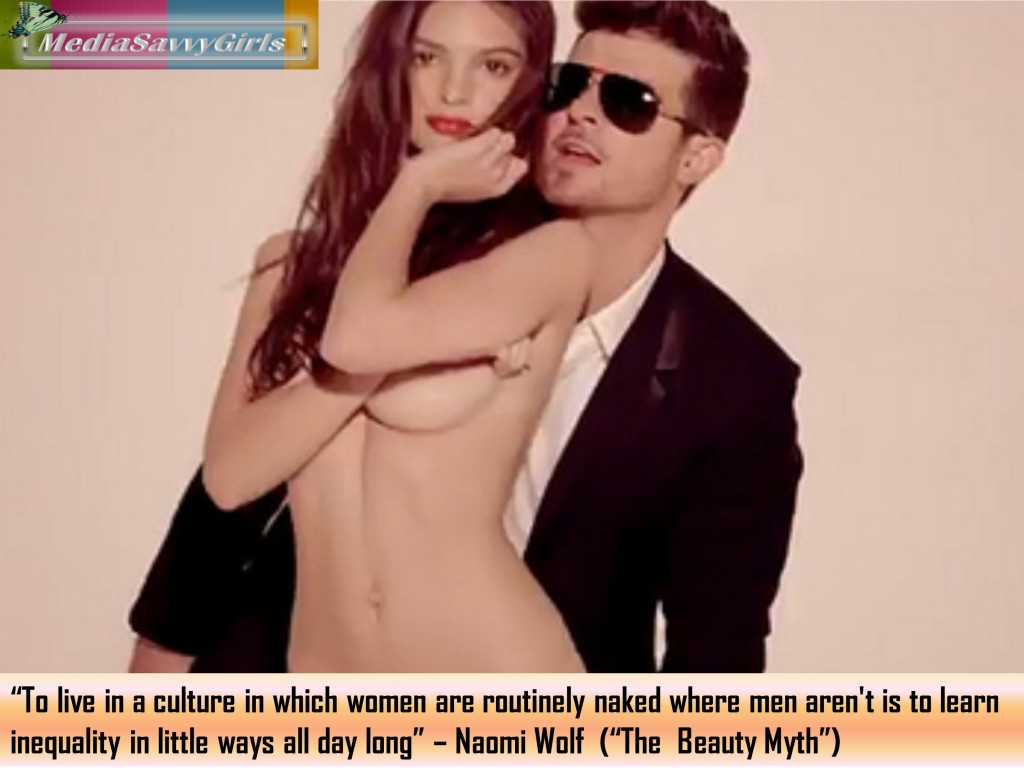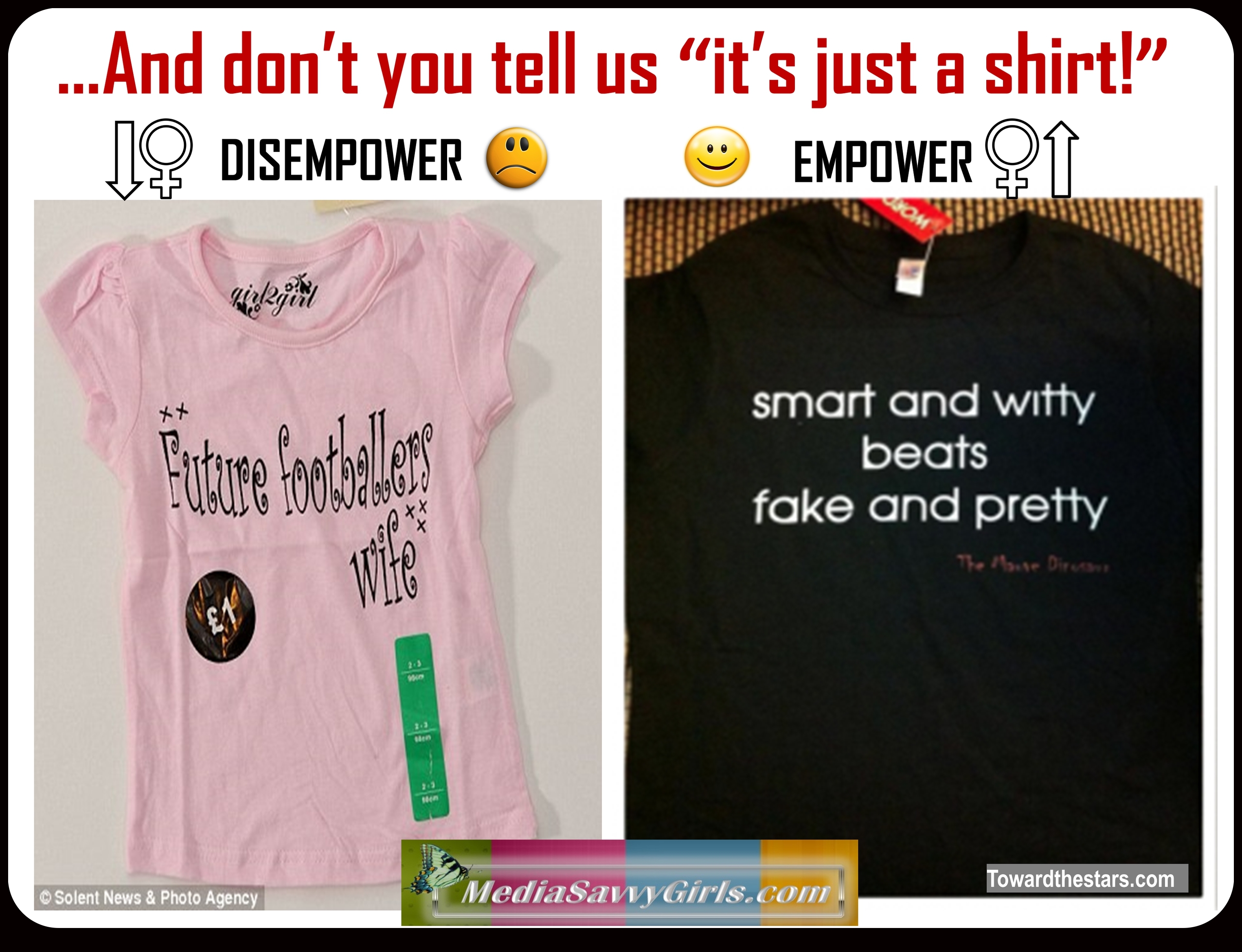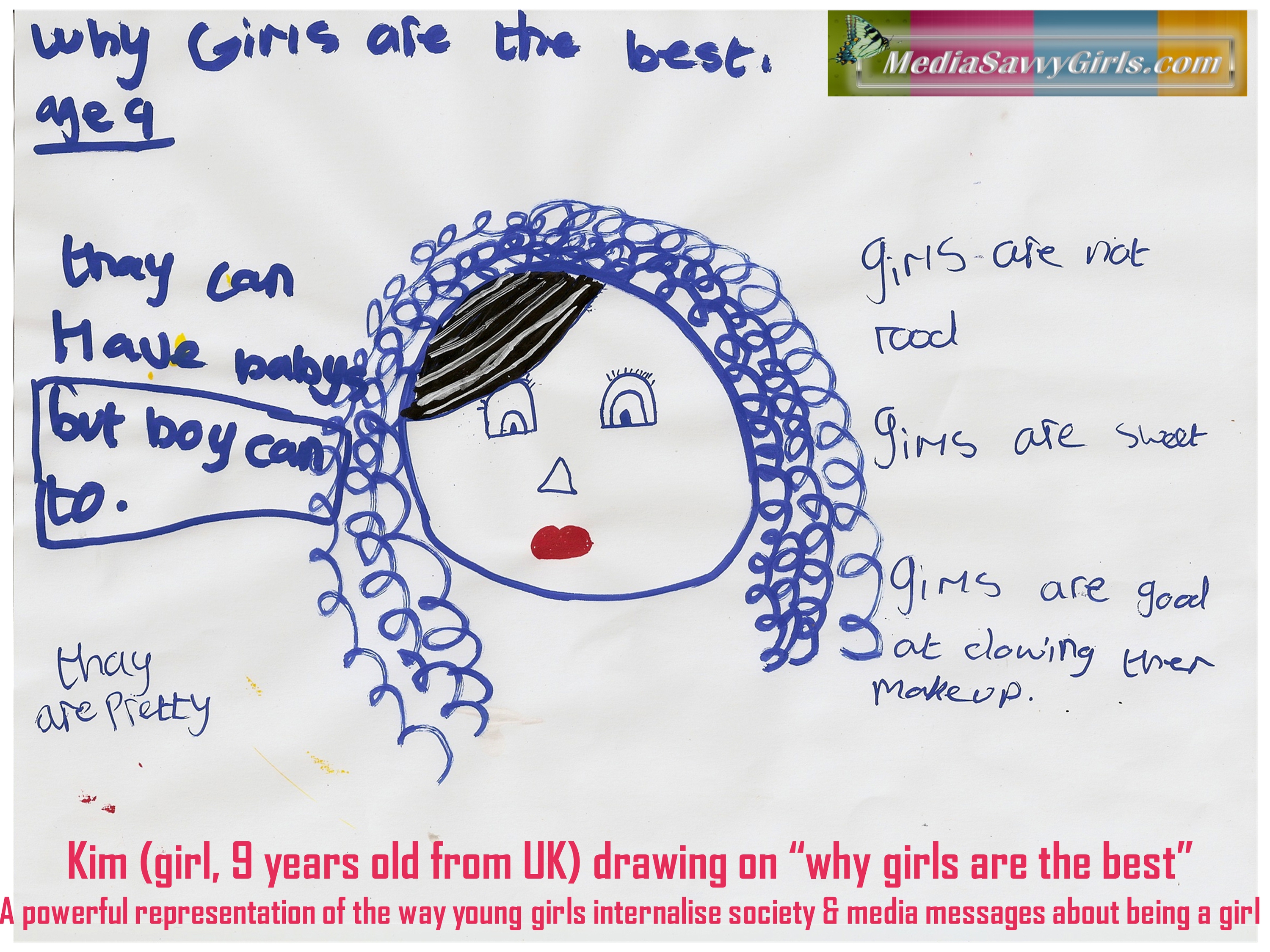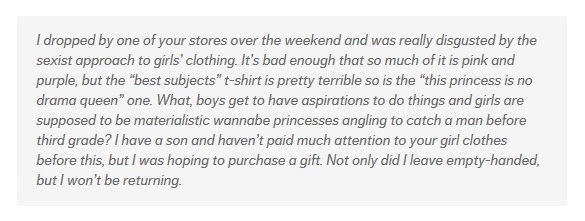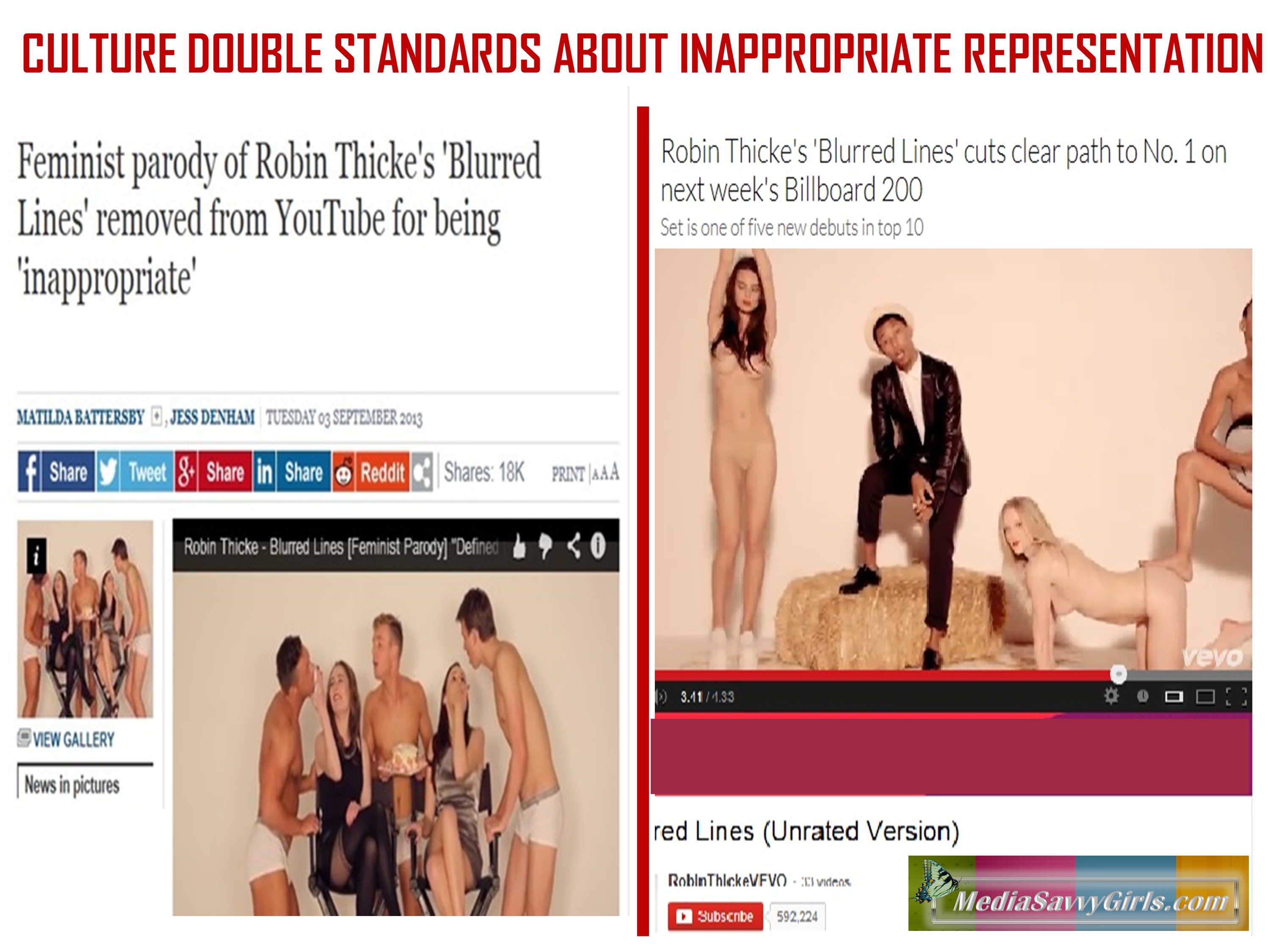Category Archives: Inspiring Images, Books & Quotes
Do they know what feminism really is?
I found this lovely quote in a teenager girl’s blog, in a post where she explains why she is a feminist, (via http://hijabihomegirl.wordpress.com/2013/07/26/i-am-a-feminist/) and where she highlights the main misconceptions about feminism in the media.
The fact that this teenager is a Muslim speaks strongly about the fallacy of common Muslim women’s stereotype as submissive and brainwashed victims.
She notes that often feminism is mistakenly given the wrong connotation and that this is affecting the way women and young girls relate to the concept entirely, with (ironically) many of them rejecting the label of “feminist”. This phenomenon includes seemingly “empowered” women celebrities such as Katy Perry, for example, who recently declared in an interview “I am not a feminist”. This is indeed very sad, considering how young girls look up to these celebrities.
Why would women and girls feel TODAY the need to distance themselves from a movement that has done SO MUCH for advancing women’s social inclusion, human rights, freedom and self-respect?
Do they actually know that feminism’ s main goal is to reach gender equality?
From many recent magazines articles I am reading, I don’t think it is so. The word “feminism” is now more and more commonly associated in very radical terms with misandry. We should make a constant effort to change this wrong conception and give feminism the glory it deserves. Girls should not be fooled into confounding the two concepts: if it’s required that to change their false assumptions we need to plaster public walls and post pictures like the one above in every social media outlets, so be it!
How much time,energy & money are spent in the pursuit of beauty?
In this interview Alexis Jones (starring in the Vagina Monologues of Even Ensler) talks about the huge distraction that the pursuit of beauty represents for most girls and women.
It is an undeniable fact of our society, a logic consequence of the process of socialisation which most girls will go through from the day they born until they are grown women. The message is unmistakably clear, loud and coming from every direction: family, friends, teachers and the media in the form of movies, music, adverts, games and so on.
A girl learn from the very start in her life what is the most valuable and appreciated thing about herself and, as Alexis points out, the constant preoccupation with one’s own look takes away SOOO much energy, time and money 🙁
What could be accomplished by these same women and girls if they were set free from that worry? Let’s just consider for a minute how much time and energy they could dedicate to other aspects of their life, how their personality, confidence and skills could develop without this constant draining.
The main challenge for a better, happier society is to stop taking for granted this fact as if it was a natural, irreversible reality. We need to remind these girls that there is a process of gender socialisation which is totally constructed, artificial and imposed by an oppressive ideology. Human beings love to look at beautiful things, this is undeniable: but how we define beauty is another matter. Girls need to see how the idea of beauty itself has been manipulated by media and advertising: they need to see the historical, sociological and psychological implications of a system that is NOT designed to make them happy, but miserable, frustrated and insecure.
This is why we need more and more activist like Alexis. We need more roles models talking to girls from a very young age… in schools, youth and community centres, associations, even nurseries!
If we can succeed in making girls understand the artificiality, the construction, the oppressive design behind the “beauty trap”, then they will be free to ultimately step into a new consciousness, with the power, the skills and the confidence to really live their life as a fully deserving human beings rather than beautiful, animated dolls. 😉
A 15 years old girl realising the meaning of feminism
This is what I found today in Tumbrl (Hear Me Roar blog) and, as it is written spontaneously by a fifteen years old American girl, we can only hope this statement may resonate with many more teenagers around the world.
Isn’t marvellous to read such a powerfully clear realisation from a 15-years old?
What was extraordinary is becoming ordinary: this is a brilliant example of how the internet has become a site of sharing and empowerment, where the awakening consciousness of so many young girls can reach out to others… gaining recognition, synergies and power as the words spread around a myriad of blogs and sites: these are the wonders of social media which I applaud and rely on 😉
An interesting documentary about children’ sexualisation
This is a very recent documentary from US regarding the sexualisation of children through media and marketing.
The documentary does a good job in making us reflect on the different values pushed on our kids by media, advertising and celebrity culture and it does stress how the reality in which children live today has dramatically changed from even a few years ago: they are constantly bombarded by images and messages, but there is rarely any guidance provided to them regarding how these messages and images are produced and which financial/political/ideological interests are behind certain representations.
The film stresses also the necessity of providing media literacy interventions at an earlier age. We can’t wait for kids to be 12-13: at that point they will have already ingrained into them an incredible amount of messages/images on how to be successful, popular, sexy, beautiful, rich and so on!
The other day I was at a friend’s barbecue and I had the chance of watching with interest one of my friends reproaching (in a very stern way) her own daughter for posing and dancing in a sexually suggesting manner. Being the girl only 5 years old, the scene was actually quite disturbing for many adults to watch and embarrassing to say the least. The girl could not understand in the slightest why reproducing something that she actually seen many times over in TV shows or the internet was a reprehensible thing.
I felt both her pain and the one of her mother!
Only a few years ago adults’ sexual fantasies and imaginary were carefully screened from children view, so we did not have to deal with this sort of problems.
Today everything is on show and children watch with interest, indeed! There is a also a growing emphasis on sex and being sexy in the media, while at home or at school children are discouraged or told off if they express any sexuality or imitate any of the images and behaviours they see so often on TV, the WEB, magazines and so on.
Children are thus living constantly connected, in a constant flow of images and messages which suggest them to be and act in a certain way, but they are expected at the same time from their family, parents and educators to refrain from reproducing the hyper-sexualised nature of these images/messages: what we demand from them is to continue “behaving like a child”, despite the constant pressure surrounding them and the natural, playful, psychologically relevant attitude of children to imitate adult behaviour.
How unrealistic our demand is! To expect from a child to know a priori whether a certain behaviour, action, presentation, performance is right or wrong without providing any guidance and advice regarding the nature of this ever-growing and ubiquitous media content…
…this is not just unrealistic, it is preposterous and unfair.
So let’s watch, reflect and move forwards: let’s give the chance to our children to fully comprehend what’s surrounding them.
Along with many other parents and educators, I am still wondering why media literacy is not becoming central as math or English literacy in the primary school’s curriculum. Despite the MediaSmart initiative being launched a few years ago in UK, there is still a lot to be done in terms of efficacy, involvement and reach: year by year, we watch the “media and marketing machine” becoming ever more sophisticated, putting an ever increasing pressure on our kids, but – at part from the occasional protest or bewilderment – we don’t offer solutions, failing to act urgently on the issue.
Our children are left behind, wondering about this constant carousel of messages and images, gathering important clues from them, probably constructing their own identity, aspirations and fears around them…it is such a disfavour we are inflicting on our society not to act with urgency on this issue.
Back to the documentary. I am including both links: the first link is for the short trailer in You Tube while the second is the movie full length in low resolution (watchable as a demo from the distributor’s website).
Happy (well…probably NOT SO HAPPY…) watching! 🙂
Slutty Clothes for Young Girls: Irresponsible Parenting?
I am receiving positive comments regarding the “Don’t you tell us it’s just a shirt!” slides.
But what many parents are more worried about is the “slutty” trend of clothes targeted to girls at younger and younger age: mini skirts so mini that knickers are permanently on show and mini tops so mini that nothing is left to the imagination. High heels are on the rise too and we talk about 6-8 years old sizes!
I have read also many articles regarding parents complaining to chain stores for selling inappropriate clothes to young girls (a padded bra and tongue for 4 years old was a case in point) and in many instances the complaint seemed to work, at least when there was enough collective upraising regarding a particular “unsuitable” item.
Sadly, as we know, most of these clothes are still around.
The thing is: shops are selling this kind of attire as long as there is demand for them and at this stage we would expect the parents to be the buyer of course, so… this means that there are parents around who are buying into this trend, right? Instead of labelling these parents for being uncaring or irresponsible it would be better to consider that perhaps – due to their culture/background and upbringing – they simply haven’t thought about the issue in our terms.
Some parents may think that bringing up a daughter to be a gold digger or footballer wife is indeed a good thing. Messages and slogans that some parents perceive as disempowering, may well be perceived by another class of parents as empowering: indeed, the power of female sex appeal! It all depends on perspectives and if you live your life surrounded by a raunchy culture it becomes second nature to think and act in those terms. For this reason, I don’t agree with many comments accusing parents who buy this sort of clothes being irresponsible and not caring about their daughters: the way forward should be to avoid accusations and judgements, engaging in dialogue and reflection instead.
In my view, creating resources and thought-provoking material to awaken people’s consciousness of certain issues is one way to move forward. And another way is to be open-minded and ready to start a dialogue: next time you see someone buying into the slutty trend, try to put yourself in their shoes, thinking within their own frame of reference (not an easy thing I admit), instead of dismissing them as they were not capable of thinking. I have tried this myself with a mother and the conversation we started has made me realise that my preconceptions were far from accurate 😉
Another slide for reflection today, please pass it around!
Kim (9 years old girl from UK) draws about “why girls are the best”
Bad and good marketing
Image
Can we stop this stupid T-shirts’ trend against our girls?
I am reading so many negative and angered comments from parents and girls alike regarding what I would call “the stupid T-shirt trend”!
The ones below are just an example of parent’s comments left on the Facebook page of one of the shop in question:
So despite many parents’ dismay, it looks like some marketers are working really hard to make sure that girls wear the right labelling attire, brilliant! So that anywhere they go the message will be loud and clear about their dumbness? No thank you! 🙁
I was talking with a girl the other day who seems to proudly display her “drama queen” shirt: I asked her “what is it to be proud about being a drama queen?”, she quickly dismissed me by saying “oh, it’s just a T-shirt!”, but I suspect that there are many young girls out there who would not be offended in the slightest to be referred to a “drama queen” or “gold digger” these days: the pervasive media culture surrounding them makes them think that somehow these are normal girls’ attributes (along with being shopping/fashion/make-up fanatic).
The trouble with this type of marketing is that it is a lazy, unimaginative way to push girls into a corner.
Fortunately, they are plenty of ethical businesses fighting back this trend and new companies producing clever and witty T-shirts are popping up all the time: so let’s make sure to give these girls an alternative and I am confident it will be soon out of trend to wear “I am a princess” shirts!
I made a few visual slides regarding this point, I would love to see them circulating far & wide on the web. I’ll post them today, your job is to pass them around! 🙂
Double standards in society and media: feminist parody of Thicke’s “Blurred Lines” inappropriate?
Today I found an interesting article in The Independent, regarding a feminist remake-parody of Robin Thicke’s worldwide hit song “Blurred Lines”: the video/song parody was apparently removed from You Tube for being considered “inappropriate”!
I had a good look at both videos to see what the fuss was about and couldn’t detect anything remotely inappropriate in the parody video, while I could see why Thicke’s video and lyric have been criticised so much by various feminists and women advocates. The parody is quite hilarious but I would not define it inappropriate in the slightest.
Indeed if you watch both videos you’ll agree with me that the reaction to the parody was simply unjustifiable – and I assume this is why You Tube has reactivated the video after the producers appealed against the removal: it was nothing else than a “reversal of roles” done in a humoristic way: how can anyone find anything offensive in that?
Well…I guess this is a brilliant example of the rampant double standard we have in our culture and media: the definition of “inappropriate representation” varies according to conformity or non-conformity to society widely accepted sex roles.

